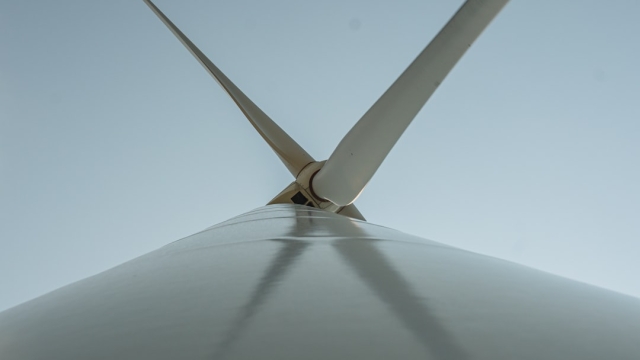Off-grid power systems have gained significant attention as a viable solution for energy independence and sustainability. These systems allow users to generate and consume energy without relying on traditional grid connections, making them particularly valuable in remote locations or during temporary installations. This article will explore the fundamentals of off-grid power systems, their integration into offshore wind projects, and their applications for temporary power solutions.
Understanding Off-Grid Power Systems: Basics and Benefits
Off-grid power systems are designed to operate independently of the main electrical grid. They typically rely on renewable energy sources such as solar, wind, or hydro power, coupled with energy storage solutions like batteries to ensure a continuous power supply. The primary benefits of these systems include:
– Energy Independence: Users can create their own energy, reducing reliance on centralized power utilities and insulating themselves from fluctuating energy prices. – Sustainability: By utilizing renewable energy sources, off-grid systems contribute to a reduction in carbon emissions, promoting a more sustainable approach to energy consumption. – Flexibility: Off-grid power systems can be customized to meet specific energy needs, making them suitable for a variety of applications, from residential homes to large-scale industrial sites. These advantages make off-grid power systems an attractive option for individuals and organizations looking to enhance their energy resilience while minimizing their environmental impact.
Integrating Off-Grid Power Systems in Offshore Wind Projects
The integration of off-grid power systems in offshore wind projects presents numerous opportunities. Offshore wind farms often face unique challenges, such as limited access to conventional power sources and the need for reliable energy solutions to support operations. By utilizing off-grid power systems, these projects can enhance their energy self-sufficiency. For example, offshore wind installations can incorporate small-scale wind turbines and solar panels to generate power for their operations. This approach not only reduces the need for lengthy cable runs to the shore but also minimizes the environmental footprint associated with construction and maintenance activities. In addition, energy storage solutions can be employed to store excess energy generated during peak production periods, ensuring a steady power supply during low generation times. Several case studies demonstrate the successful implementation of off-grid power systems in offshore wind projects. These installations showcase how renewable energy can be harnessed effectively while reducing operational costs and improving overall project sustainability.
Temporary Power Solutions: Applications and Site Management Services
Off-grid power systems are particularly advantageous for temporary power solutions. In various scenarios, such as construction sites, events, or remote research stations, there is often a need for reliable power without the constraints of traditional grid connections. Off-grid systems can provide a seamless energy solution that meets the demands of these temporary applications. Some common applications of off-grid power systems in temporary scenarios include:
– Construction Sites: Providing power for tools, equipment, and site facilities without the need for extensive electrical infrastructure. – Events and Festivals: Supplying energy for lighting, sound systems, and other essential services in outdoor settings where grid access may be limited. – Remote Research Stations: Enabling scientists and researchers to conduct studies in isolated areas without relying on external power sources. Furthermore, integrating off-grid power solutions can streamline site management services. By employing these systems, project managers can enhance operational efficiency, reduce downtime, and ensure that power is available when and where it is needed.
| Aspect | Off-Grid Power Systems | Traditional Grid Systems |
|---|---|---|
| Energy Source | Renewable (solar, wind) | Fossil fuels, nuclear |
| Location Flexibility | Remote areas | Urban centers |
| Environmental Impact | Low | Higher |
| Initial Investment | Variable, often lower | Higher infrastructure costs |
Conclusion
Off-grid power systems provide a compelling alternative to traditional energy solutions by offering independence, sustainability, and adaptability. Their integration into offshore wind projects demonstrates their versatility and effectiveness in addressing unique energy challenges. Additionally, their application in temporary power scenarios further highlights the benefits of utilizing renewable energy sources. As awareness of the advantages of these systems continues to grow, they represent a promising path forward for individuals and organizations seeking innovative energy solutions. Exploring options such as off-grid power systems can lead to enhanced energy resilience and a more sustainable future. For more information on implementing these systems, visit Harlum Services.

